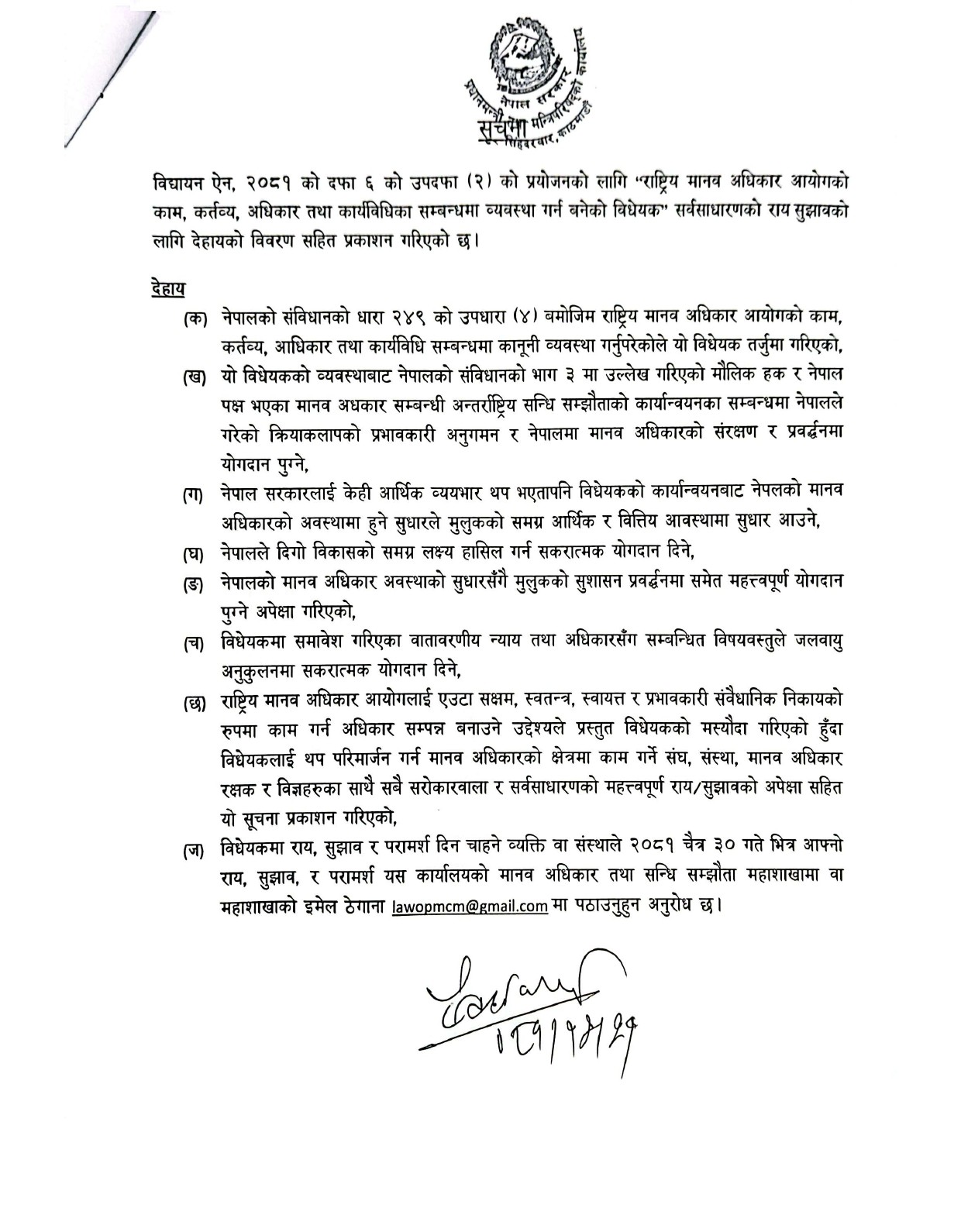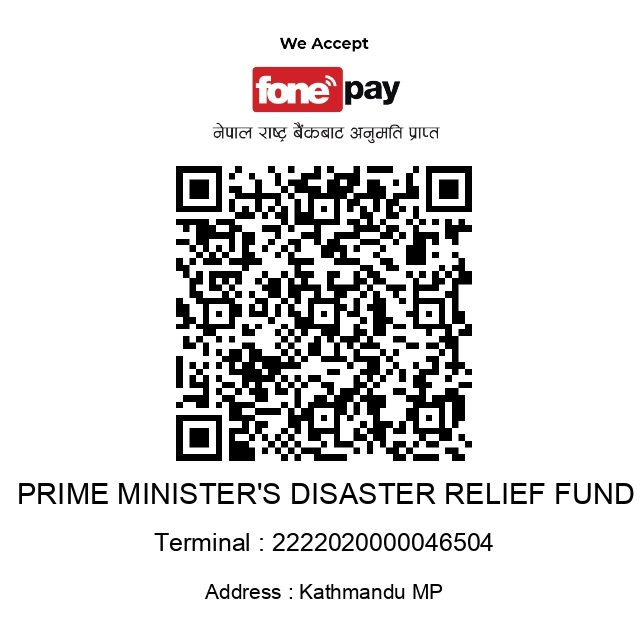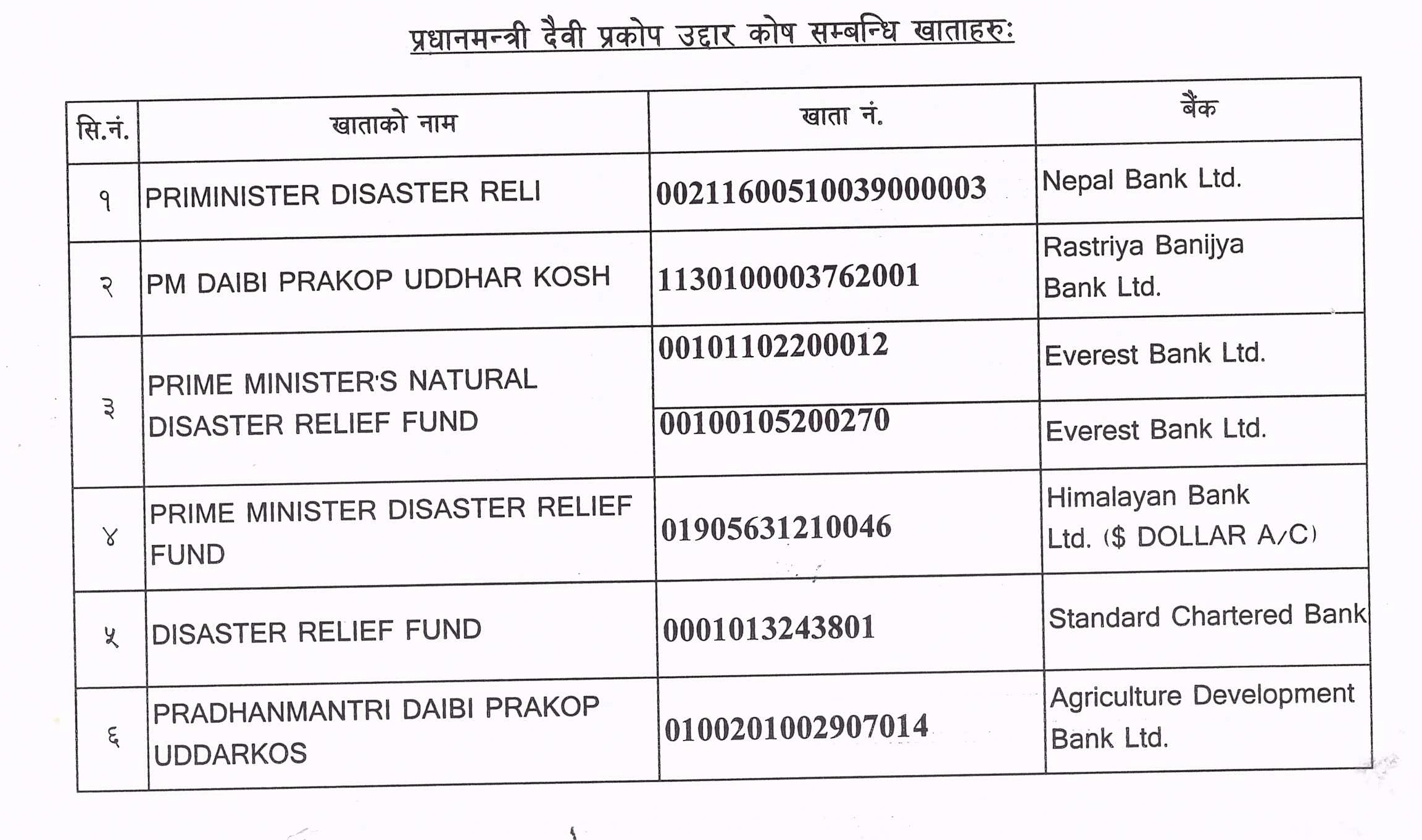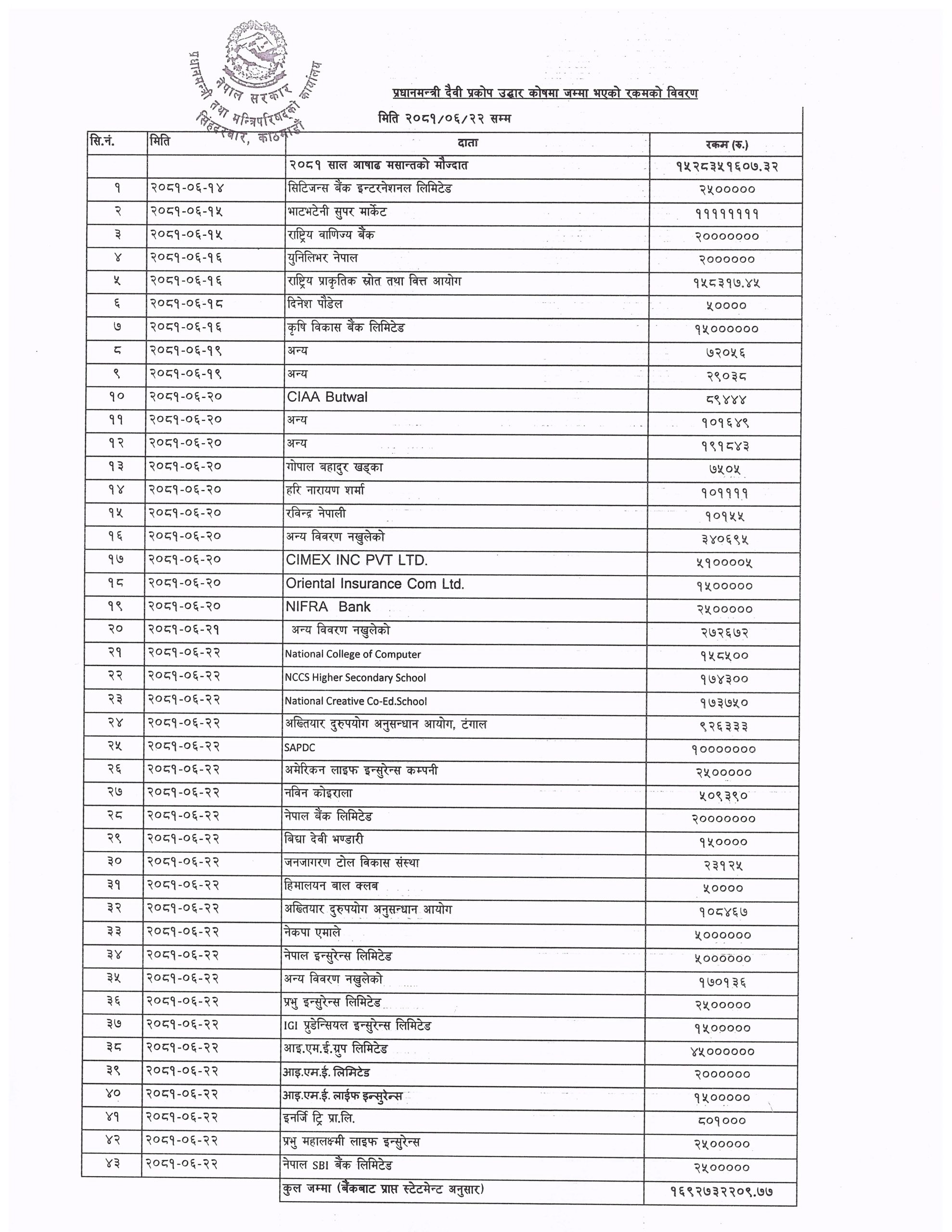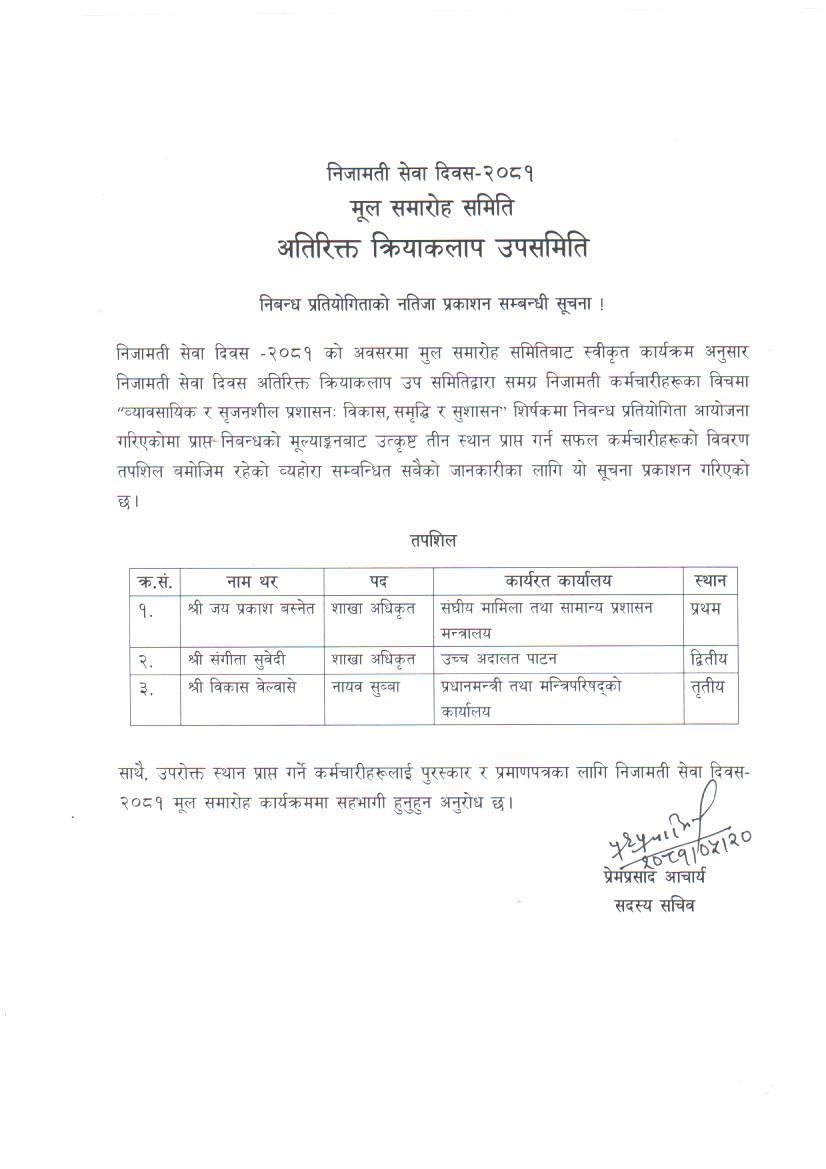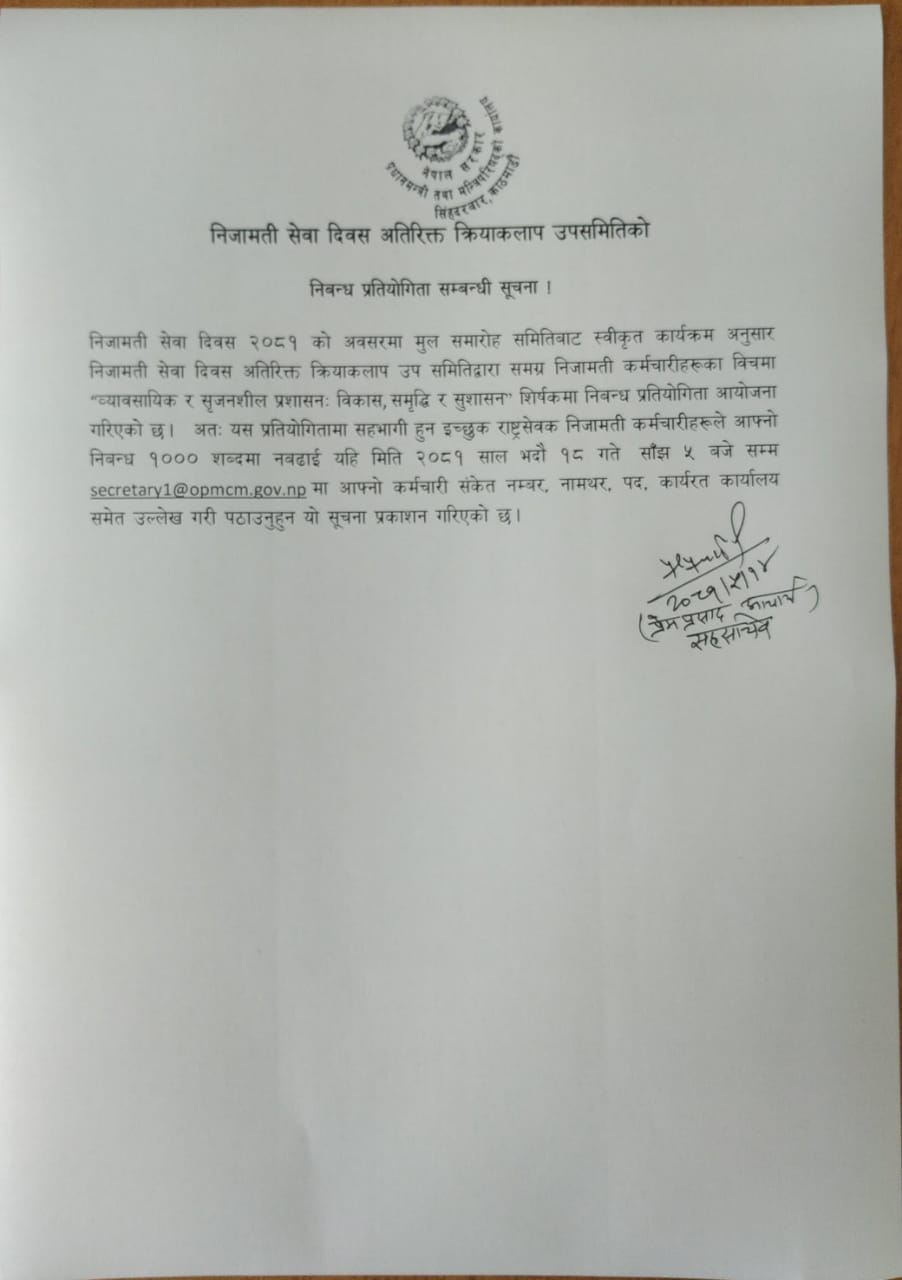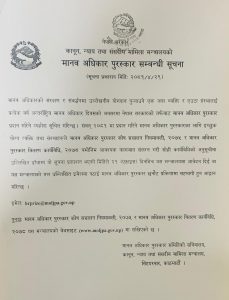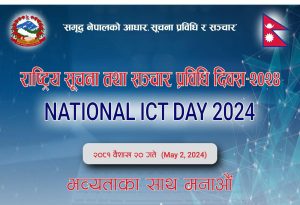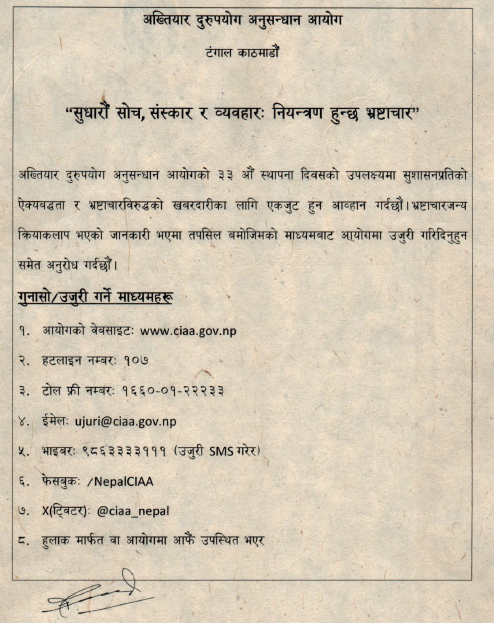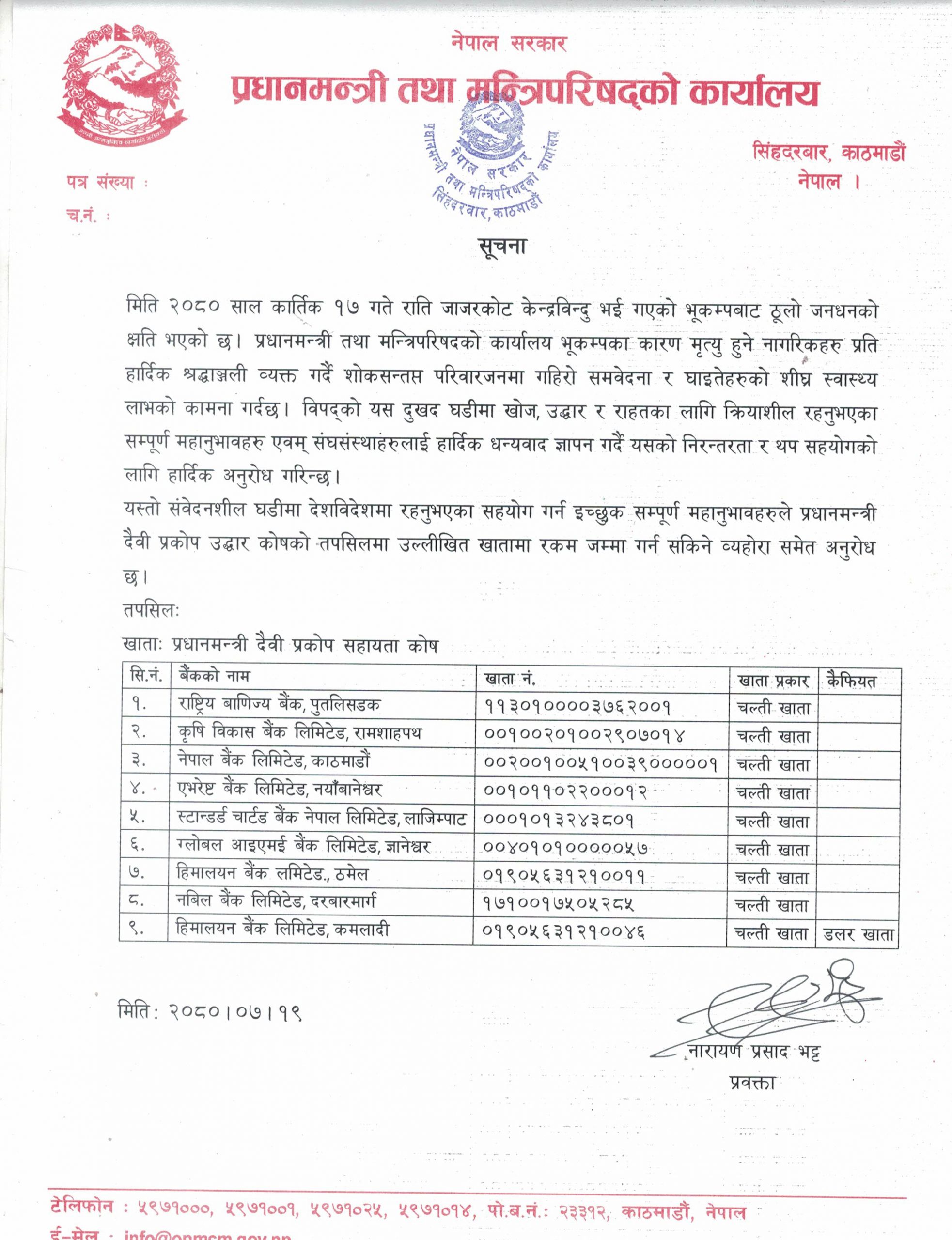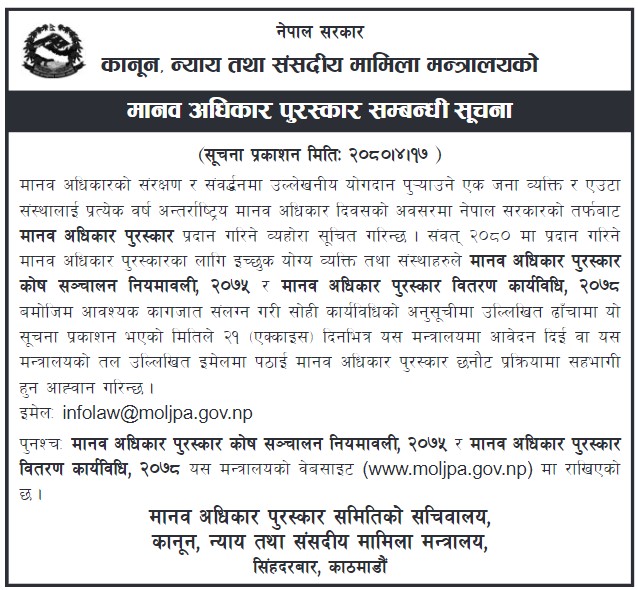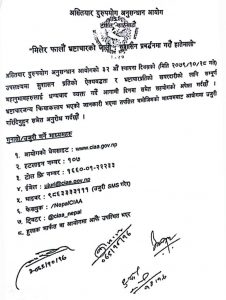Chair of the Programme
Honourable Shri Suresh Prabhu, Minister of Railways of India
Honourable Deputy Prime-ministers and Ministers in my cabinet
Excellencies
President of CNI
Captains of Business and industries
Distinguished Guests
Distinguished Delegates,
Ladies and Gentlemen,
I am very glad to address this summit attended by distinguished personalities both from home and abroad.
I am happy to welcome amongst us Honourable Minister of Railways of India Shri Suresh Prabhu. Your presence, Honourable Minister, attests to the fact that our close neighbour India is very much committed to supporting our efforts in infrastructure development.
I would like to commend the CNI and the partners for creating this platform to share ideas, innovations and solutions regarding infrastructure development. This is a timely and highly relevant initiative.
I thank the organisers for the excellent arrangements made for this summit.
Ladies and Gentlemen
Back in 2014, the Confederation of Nepalese Industries, along with its partners, came up with the first edition of the Nepal Infrastructure Summit. That was a testimony of the willingness and commitment of private sector in infrastructure development.
That event provided us with an opportunity to have an informed discourse in infrastructure development.
The most resounding consensus of that summit was –For economic development, development of infrastructure is a must. For infrastructure development, partnership between public and private sector is a must.
It laid the grounds. Useful observations were made. Valuable reference points emerged.
Building on that achievement, the CNI has collaborated with the Government of Nepal, along with other partners to organize the second edition of infrastructure summit.
I would like to convey my thanks to all those who have rallied behind this cause of paramount importance. The cause for development.
Ladies and Gentlemen
Infrastructure is the backbone of development. It is the very foundation of development.
It is through robust and sustainable infrastructure,
cost of production is minimized;
productivity of workforce is enhanced;
economic and industrial growth is propelled;
and, ultimately the welfare of society is boosted.
The significance of infrastructure development to drive overall development is very important.
In the development landscape, Nepal is lagging behind due to the lack of adequate infrastructure. Lack of basic infrastructure has forced us to witness an average of below 4 percent economic growth over the last decade.
The infrastructure gap has directly hurt the development activities.
As we are aspiring to reach middle-income country by 2030, infrastructure development is our topmost priority.
True –the public sector bears the responsibility to develop basic infrastructures. But that responsibility is not exclusive. Private sector is an indispensable partner in this endeavour.
To address the existing infrastructure gap, public-private partnership is not a luxury.
To develop the basic infrastructure, mobilization of private sector is not a luxury.
Aware of this, Government of Nepal is committed to work in partnership with the Private Sector to bridge the infrastructure gap. We have adopted the policy of Public –Private Partnership (PPP). Necessary acts, regulations and guidelines have been streamlined.
Infrastructure development in Nepal has been constrained by many factors. Constrained by geography. Constrained by limited capital. Constrained by investment gap.
Lack of adequate investment is a major bottleneck.
Distinguished Guests
A World Bank estimate says that we need to invest between 8 percent to 12 percent of national income this decade to address the infrastructure gap.
This investment need can only be met by the involvement of private sector. The role of financial institutions is equally important.
As domestic resources are limited, to meet the investment gap foreign investment is an essential source.
Despite being landlocked, Nepal is a country of vast development potential. Our advantage lies in our natural resources, location and growing population of youths.
To tap this potential, adequate infrastructure is a key enabler.
Our water resources, biodiversity and human resources can be utilized to meet our development aspirations. If harnessed properly, they can contribute to our economy.
Our neighboursare two of the fastest growing economies. Their economic progress is remarkable. This provides us with unique opportunity to benefit from their progress.
To realize this potential, cross-border connectivity of infrastructures is a key.
Ladies and Gentlemen
Various development partners have played helpful role in our infrastructure development. The support that our neighbours provided has been valuable in addressing our infrastructure needs.
This is the world of interconnectedness. Connectivity lies at the heart of economic success.
It is my belief that, we can realize shared success through shared efforts. Partnership between the governments to develop cross-border infrastructures can bear remarkable fruits of development.
Moreover, collaboration among the private sectors can be a multiplier in infrastructure development.
Regional initiatives for connectivity can propel the cusp of transformation in infrastructure development.
Development of infrastructures such as highways, railways, airways, info-ways, trans-ways and waterways as well as electricity, telecommunications and water supply are essential in promoting economic development.
Development of infrastructure in only one sector will not be enough to advance holistic development. All forms of infrastructure must be developed and networked properly to propel economic development that is faster, comprehensive and sustainable.
To start with, we have given top priority to energy and transport connectivity as the key components of infrastructure development.
Our efforts to make the country load-shedding free has been encouraging and we want to maintain the momentum to generate required energy to enhance our agricultural productivity, expand industrial base and promote service sector.
I hope that we will see enhanced collaboration with our international partners as well as foreign private investors, in the days to come.
As we are in the nascent stage of development, investment in infrastructure is full of potential.
We have liberal policy in foreign investment. And, we remain committed to further improving it.
Our labour policy is market friendly. Abundance of cheap labour is another asset. In Ease of Doing Business, we rank second among the South Asian countries.
Ladies and Gentlemen
In 2015, devastating earthquake and a series of aftershocks hit us. That has damaged various infrastructures. We have an important task of rebuilding those infrastruress.
Moreover, learning from the experience, we are committed to building sustainable and resilient infrastructures in partnership with private sector. It is my belief that the international community will continue to support us in this effort.
Coming from a decade of political transition, we have now laid grounds for lasting peace and stability. Now our priority is in rapid and inclusive growth. This goal cannot be realized without infrastructure development.
We, all political parties in Nepal, have one voice –development agenda should remain a national priority beyond and above party interests.
We are committed to ensuring an environment conducive to investment in infrastructure development by establishing industrial peace and ensuring law and order.
This is our firm assurance. And, we remain steadfast to honour it.
Finally, as I look at the quality of participation, I can confidently claim that this gathering of eminent personalities will come up with innovative and practical ideas and suggestions to address the gap in infrastructure sector.
I once again thank the organisers for taking this important initiative.
Thank You!
Kathmandu
February 19, 2017
